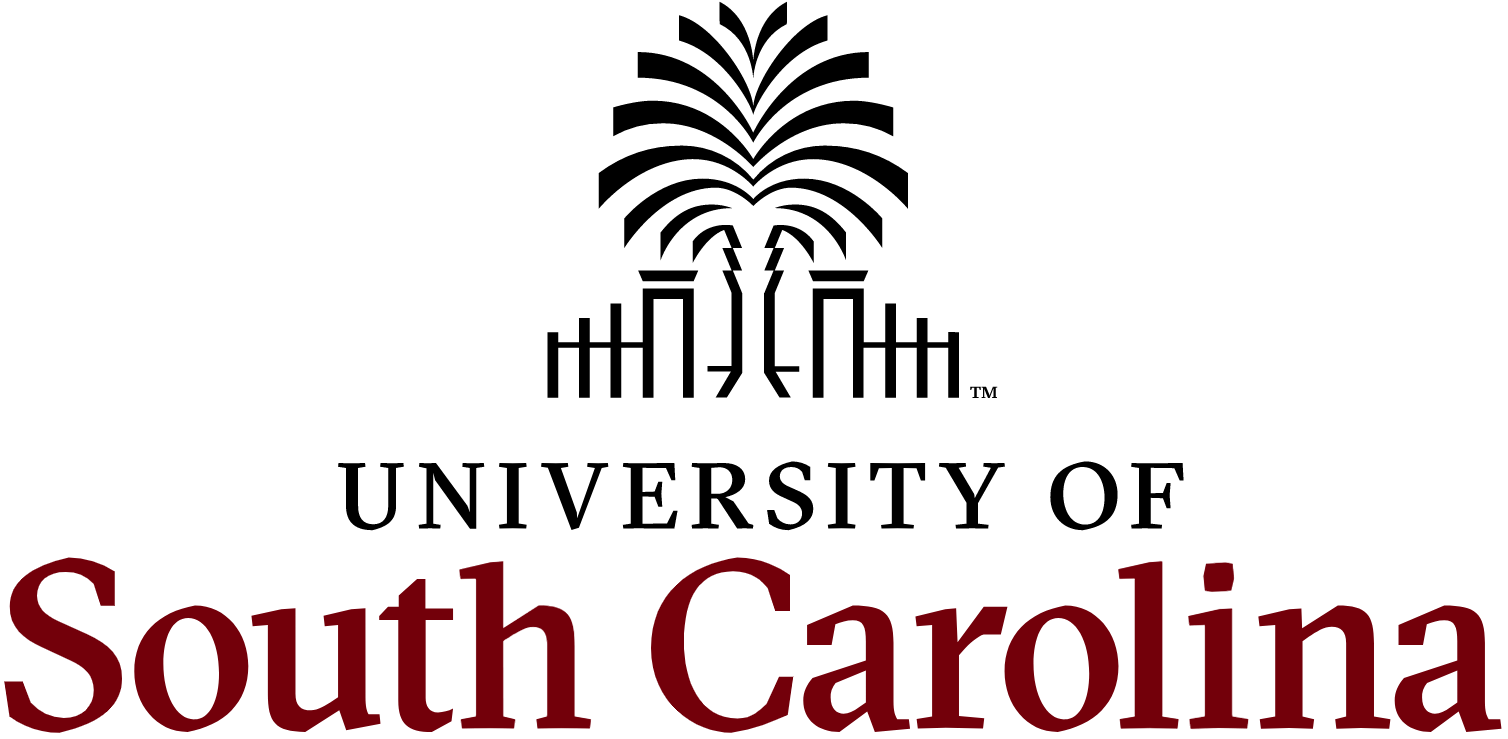

Mini Workshop on Network Technologies for Data Movement
Supporting Research and Education on Campus Networks
Friday, May 31 - 9:15 AM - 11:30 AM
Washington, DC
- University of South Carolina
- Minority Serving Cyberinfrastructure Consortium (MSCC)
- Internet2
Overview
This Mini Workshop will first discuss the challenges faced by campus networks when supporting science and engineering applications, associated to research and education activities. Then, it will cover recent advances on network technologies that can solve or mitigate those challenges, and positively impact the performance of data transfers on campus networks. Topics include ScienceDMZs, solutions with and without Science DMZs, best practices on TCP congestion control, how to monitor networks with perfSONAR, fine-grained telemetry with programmable data plane switches, and others. Attendees will be provided access to hands-on training materials running on a virtual platform.
Audience
The workshop is targeted to IT professionals such as system administrators, network engineers, and practitioners in general. The content is also suitable for IT leadership who may want to further understand best practices supporting research and education activities on campus. Additionally, systematic hands-on lab libraries will be made available to educators interested in incorporating the materials on their programs.
Outcomes
By the end of this tutorial, attendees will:
- Identify challenges faced by campus networks when supporting research and education.
- Describe network architectures, such as Science DMZ, that follow best practices.
- Deploy perfSONAR Version 5 to monitor network metrics and visualize them.
- Tune TCP parameters to achieve high-performance data transfers.
- Be familiar with new technologies such as P4 and DPDK to develop applications running at line-rate on servers and switches.
Pre-requisites
The laboratory environment consists of routers, switches, and hosts deployed in IPv4 networks. Attendees are expected to know basic networking (IPv4, local area networks, OSI model). Training activities will be conducted using NetLab. Attendees will be provided with a username and a password.
Agenda
Friday, May 31
| Time | Topic | Presenter |
|---|---|---|
| 9:15-9:20 | Welcome and Introduction [PPT], [PDF] | Jorge Crichigno [Bio], Elie Kfoury [Bio], Jennifer Kim |
| 9:20-9:40 | Data transfers and Science DMZs [PPT], [PDF] | Jorge Crichigno |
| 9:40-9:45 | Demo: CUBIC vs BBR; packet loss vs no packet loss; RTT vs no RTT [Video] | Elie Kfoury |
| 9:45-9:50 | Break | |
| 9:50-10:40 | Lab on data transfers, CC, packet loss, and RTT [PPT], [PDF] | Elie Kfoury |
| 10:40-10:50 | Network Monitoring with perfSONAR [PPT], [PDF] | Jorge Crichigno |
| 10:50-10:55 | Demo: Running regular tests with perfSONAR [Video 1], [Video 2] | Jorge Crichigno |
| 10:55-11:00 | Review of available labs for perfSONAR [PPT], [PDF] | Jorge Crichigno |
| 11:00-11:10 | Science transfers without Science DMZ [PPT], [PDF] | Elie Kfoury |
| 11:10-11:20 | Demo Suricata DPI transfer bypass [Video] | Elie Kfoury |
| 11:20-11:25 | Other topics - P4 switches, DPDK [PPT], [PDF] | Elie Kfoury |
| 11:25-11:30 | Summary | Jorge Crichigno, Elie Kfoury, Jennifer Kim |
| Survey | ||
Access to Lab Platform
To access the lab platform, please use the following URL: https://netlab.cec.sc.edu/

